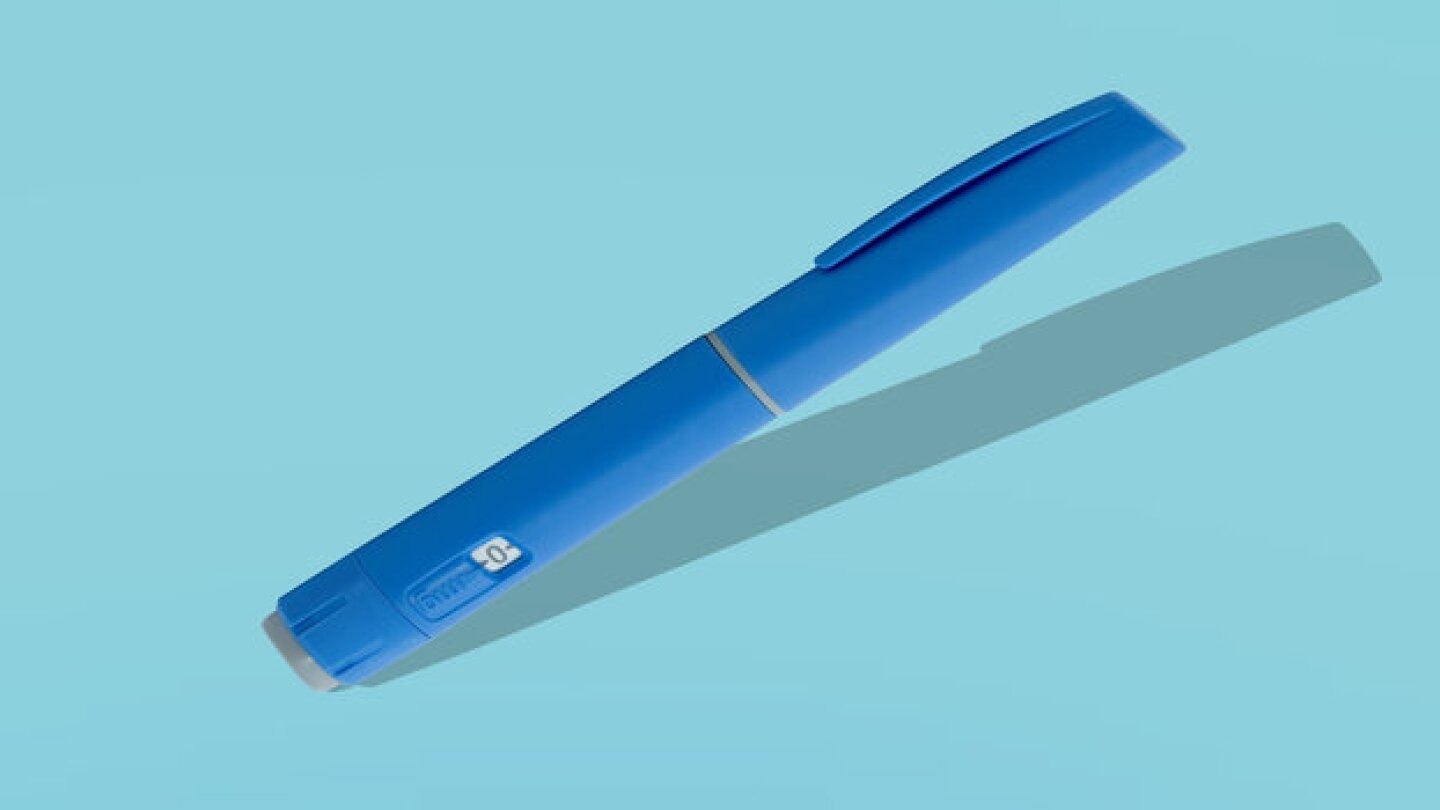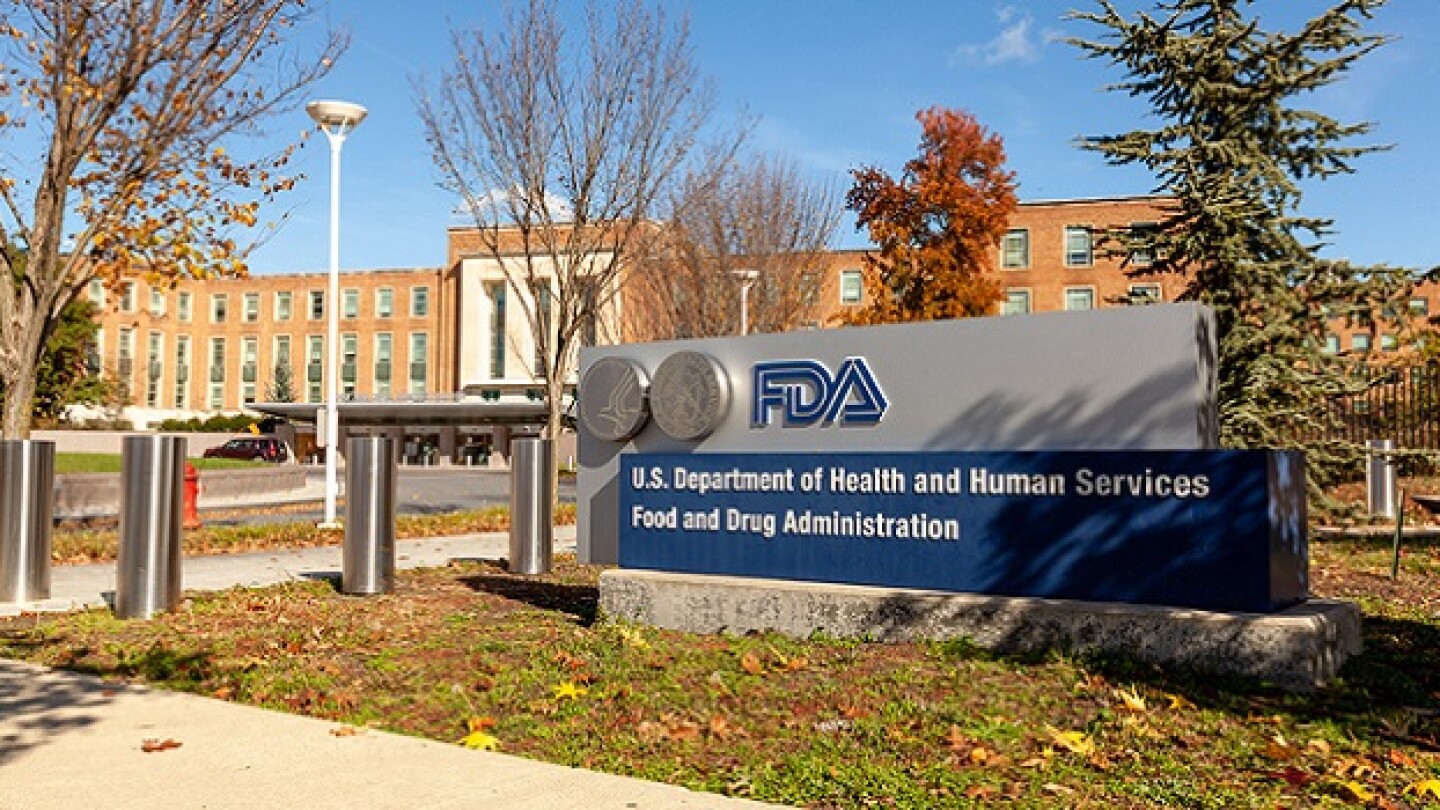Drug shortages
Analysts said the deal with Novo was likely giving Hims “‘credibility’ or increased consumer traffic,” adding that the “litigation risk is back on the table” now that the Danish pharma has stepped away.
The overturning of the FDA’s lab-developed tests rule is just the tip of the iceberg. With the loss of Chevron deference, power has shifted from federal agencies to the courts, with potential implications for everything from the FDA shortage list to CMS drug price negotiations.
Canada’s health agency says it has been “taking all necessary action safeguard the drug supply and ensure Canadians have access to the prescription drugs they need.”
Novo Nordisk is intervening in the lawsuit filed by a drug compounders trade group against the FDA over the agency’s decision to declare the Wegovy shortage over. Eli Lilly did the same in a parallel case over Zepbound’s removal from the FDA shortage list and this week a judge denied the compounders’ injunction.
The Outsourcing Facilities Association, a trade group representing compounders, filed a similar lawsuit in October last year after the FDA formally ended the tirzepaptide shortage.
Many of these unlawful and unauthorized shipments were explicitly tagged for compounding, according to a new analysis. Separately, a group of state attorneys general has raised concerns about the unsafe GLP-1 drugs finding their way to American consumers.
Compounding pharmacies aren’t the only makers of off-brand versions of Novo Nordisk’s Wegovy and Eli Lilly’s Zepbound. The situation is causing the FDA regulatory headaches and, more seriously, posing potential risks to the public.
In its Citizen Petition to the FDA, Novo Nordisk argued that there is no clinical need to allow compounding for liraglutide, the type 2 diabetes injection it sells as Victoza.
After a couple months of uncertainty, the FDA has told compounding pharmacies that they have 60 to 90 days before the agency will enforce rules to stop their production of GLP-1s.
The letters come amid the Outsourcing Facilities Association’s ongoing lawsuit against the FDA over the regulator’s decision to end the shortage for tirzepatide.
PRESS RELEASES










